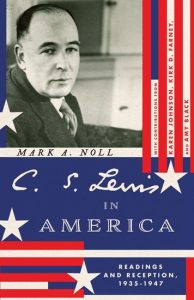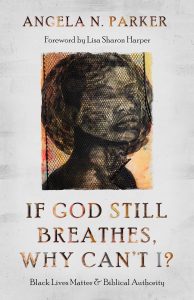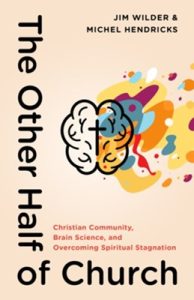 Summary: A look at whole-brained discipleship which uses insights from recent neuroscience to help develop Christian maturity.
Summary: A look at whole-brained discipleship which uses insights from recent neuroscience to help develop Christian maturity.
A good friend recommended The Other Half of the Church to me about a year ago, and I have only recently gotten around to reading it. Many insights were not new to me because of work that either my wife or I have done regarding parenting, trauma, and attachment, or child development. I want to start with the fact that overall, I am glad that this book was written, and I commend it, even if I am going to spend most of my time discussing areas where I have concerns. The insights here into character development, group identity and its role in correction, and deep relationships are all important. Because of my training as a spiritual director and a couple of professional associations of spiritual directors which I am a member of, I know that more academic books in similar areas are being written. No book can address all of the nuance and potential areas of misunderstanding, so I am looking forward to reading more books to address different aspects.
This is a book that is co-written by Jim Wilder and Michael Hendricks. Much of the book is written in Hendrick’s voice, and he relates insights about spiritual formation and brain science from Jim Wilder. Part of what I appreciate about the framing of this book is that it is intentionally oriented toward a reader unfamiliar with the science. It is very accessible, and the authors know that stories are necessary to communicate not just the information but the meaning behind it.
Many will come to The Other Half of the Church with some background from gentle parenting (Whole Brained Child, Brain-Body Parenting, etc.) or insights from trauma, attachment, or adult emotional development. In many ways, I think discipleship is a bit late to the game with these insights. I also think that from my experience (which is obviously limited), many of my Gen X cohort or the Baby Boomers are less likely to have exposure to this type of whole-brained approach than the Millennial parents who have been at the forefront of the Gentle Parenting movement. Millennials are much more aware of trauma, abuse, and the science around those realities, which, again, have some overlap with the science discussed here.
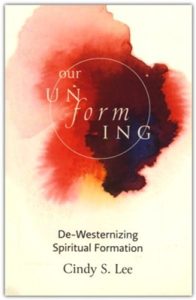
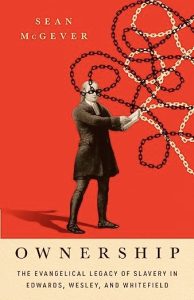
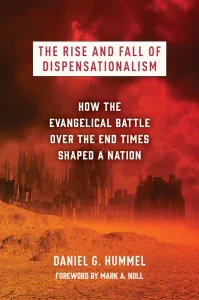
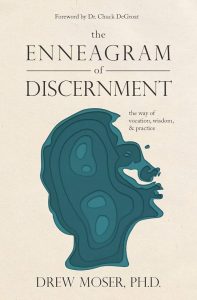
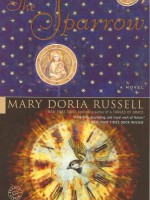 Summary: A group mostly made up of Jesuits discovers that another world with intelligent creatures exists and secretly decides to visit it; tragedy ensues.
Summary: A group mostly made up of Jesuits discovers that another world with intelligent creatures exists and secretly decides to visit it; tragedy ensues.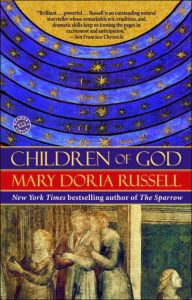 Summary: The second half of the story of The Sparrow.
Summary: The second half of the story of The Sparrow.